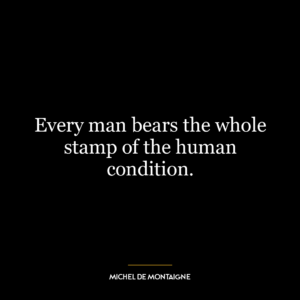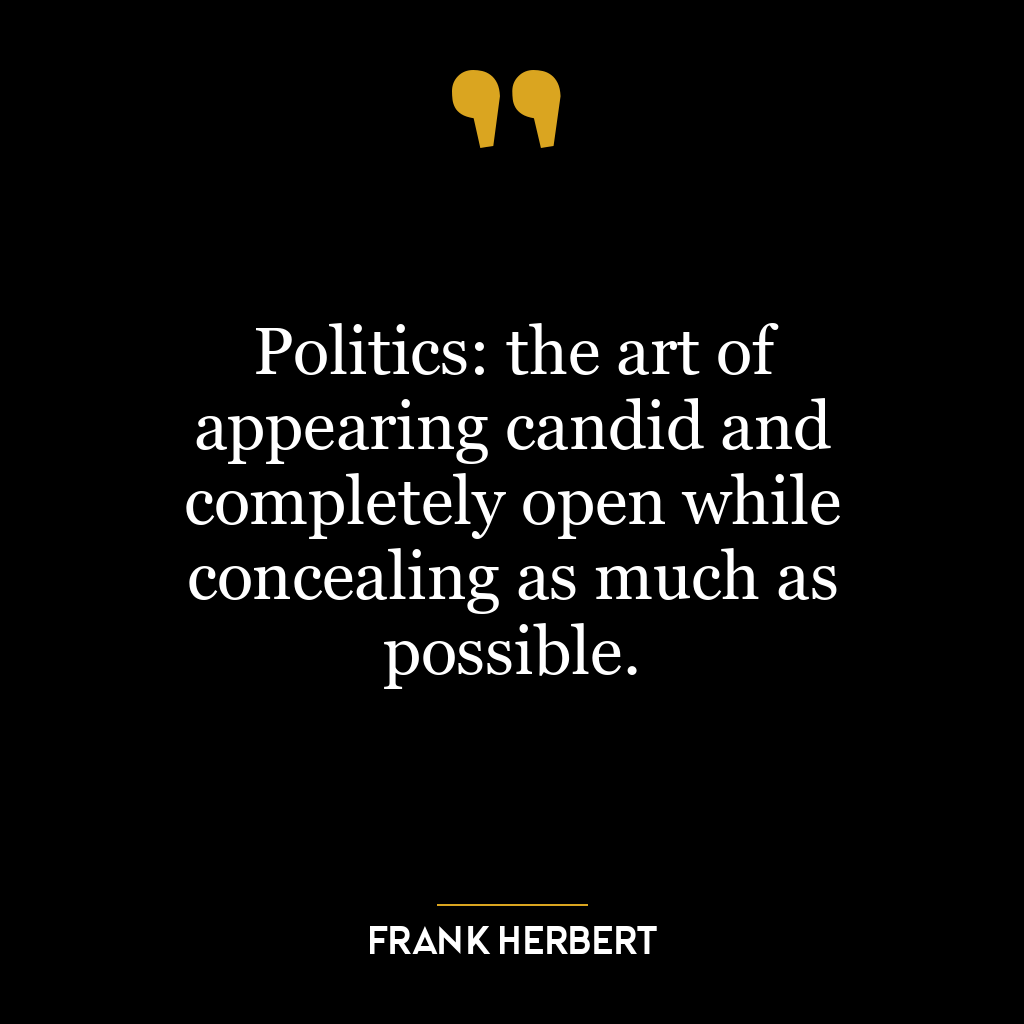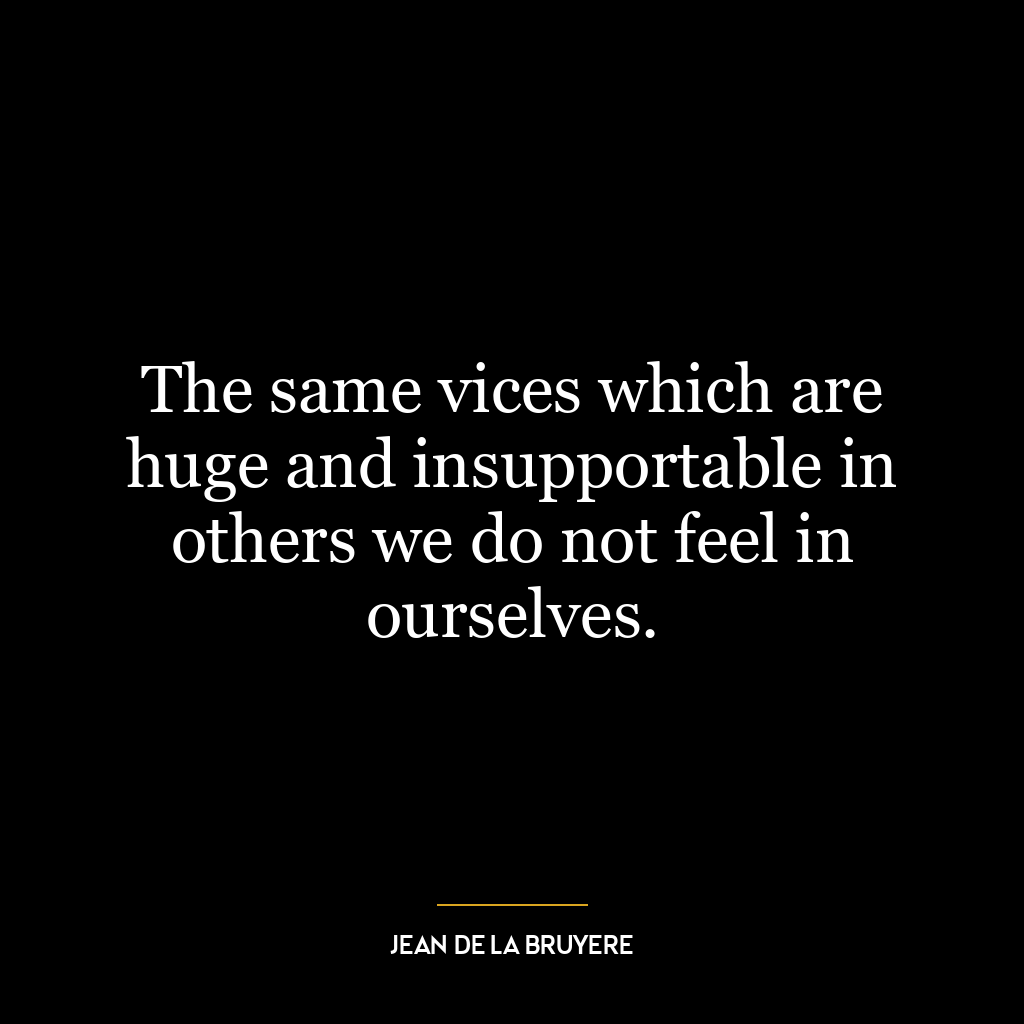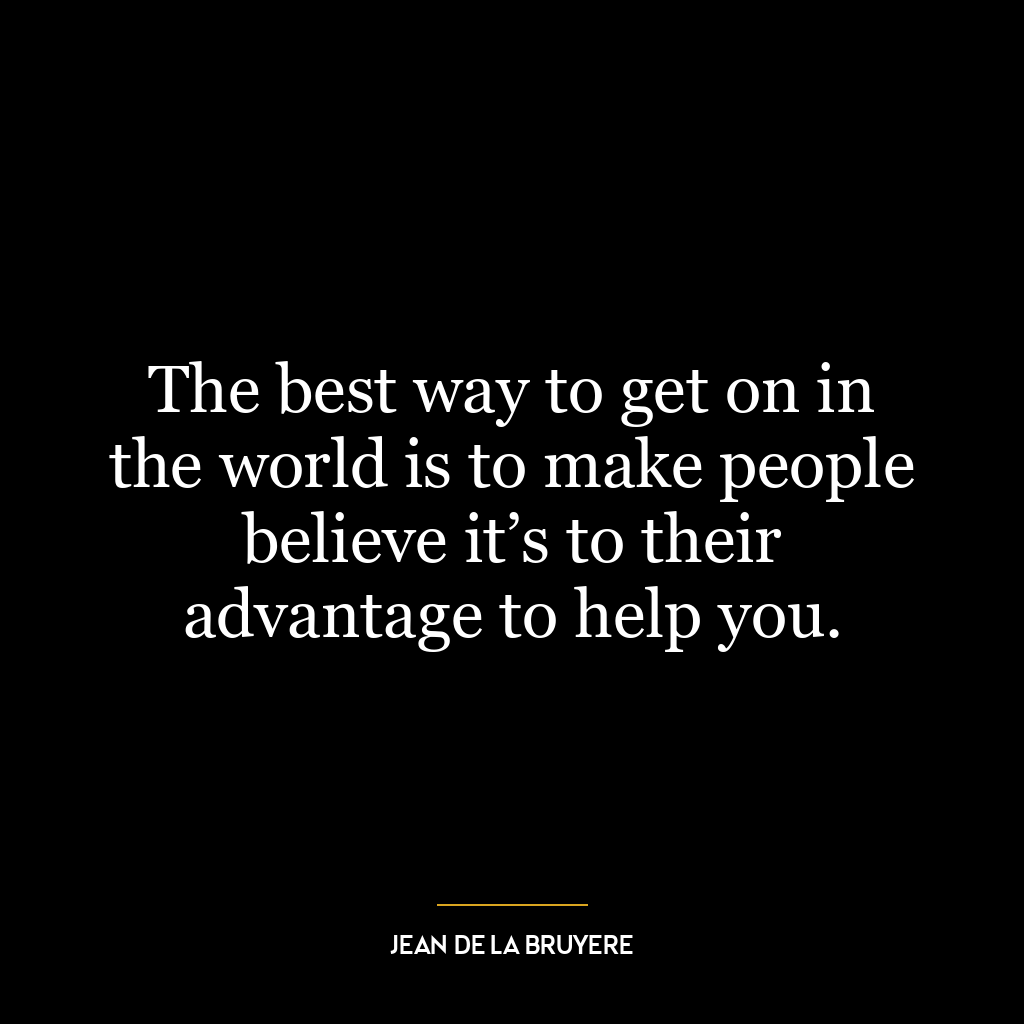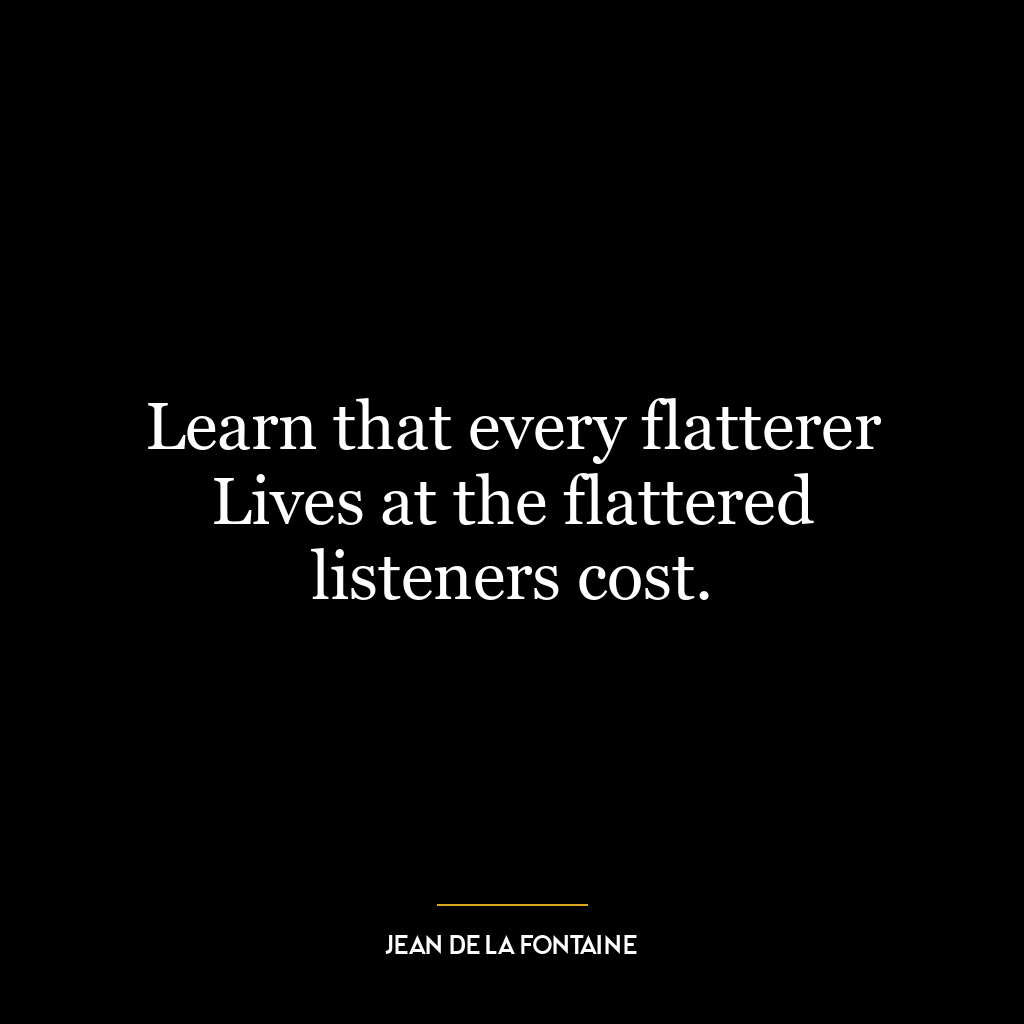The quote suggests that humans are prone to express their religious or moral devotion in ways that align with their personal desires and pleasures. In other words, we tend to practice piety in a manner that also satisfies our own interests, emotions, or egos. This implies a certain hypocrisy as it questions the purity of our intentions when engaging in acts of piety.
Applying this idea to today’s world could involve looking at how people use religion or morality for personal gain rather than spiritual growth. For instance, some people may publicly display their charitable deeds on social media for validation and praise rather than out of genuine compassion and selflessness.
In terms of personal development, this quote could serve as a reminder to reflect on our motivations behind our actions. Are we being truly altruistic when we help others? Or are we doing it because it makes us feel good about ourselves or because we expect something in return? It encourages introspection and authenticity in our pursuit towards becoming better individuals.






